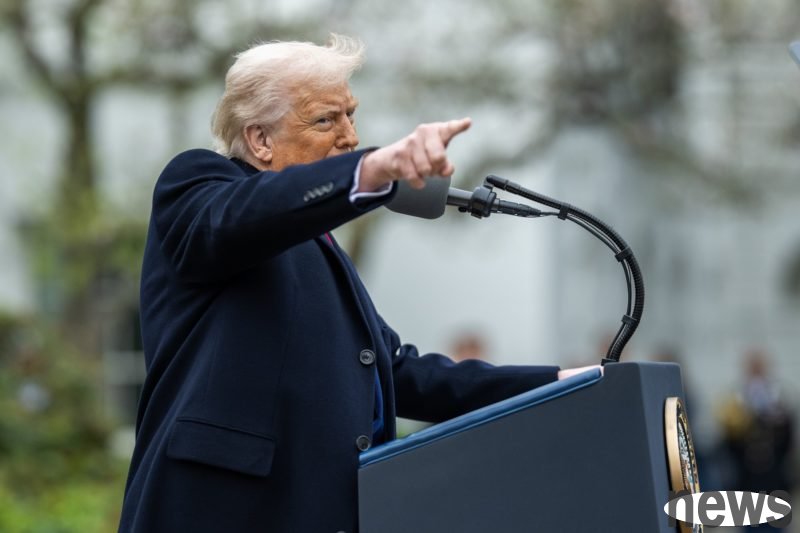
The semiconductor tax-related policy planned by US President Donald Trump is considering the tax on imported electronic products based on "chip quantity", and requires chip manufacturers to produce chips in the United States to be comparable to the quantity they imported from overseas. Otherwise, they will face high tax-related taxes. The purpose is to encourage American production capacity construction and reduce dependence on overseas supply chains, and plan to cause impact on global electronic industries.
According to people familiar with the matter, the Trump administration is considering taxes on the number of chips in foreign electronic devices, with the goal of promoting enterprises to transfer manufacturing operations to the United States. Although the specific details of this measure have not been fully disclosed, in the preliminary plan, 25% of the relevant value of chips for imported electronic products will be taxed, while 15% of the class for electronic products from Japan and the European Union may be taxed.
People familiar with the matter pointed out that the US Department of Commerce originally proposed to exclude semiconductor manufacturing equipment from tax-related areas to avoid increasing local production costs in the United States. However, Trump has always been disgusted with various exemptions. The preliminary idea is to calculate tax-related based on the proportion of "chip value" contained in imported products, which covers an extremely wide range of areas, and may be affected from electric toothbrushes to pencil-type computers.
In this regard, Kush Desai, a spokesperson for the White House, said that semiconductors are of great importance to national and economic security. The United States cannot rely on foreign imports. The Trump administration is adopting a "multi-oriented strategy", including tax closures, tax reductions, broad controls, and energy advantages, with the aim of promoting the return of key manufacturing industries to the United States.
As the global electronic market competition is becoming increasingly fierce, this potential tax policy has attracted the attention of countries. Experts are worried that this may lead to reckless measures and further accelerate the trade tensions between the United States and other countries. However, some industry insiders pointed out that crystalline foundries such as NTTL are unlikely to become tax targets due to their foundry nature, but other end electronic products containing chips are unlikely to escape tax impact.
This consideration by the Trump administration will undoubtedly become the focus of domestic and foreign economic policy discussions in the next few months, and industry and consumers are closely following the progress of this policy and its possible impact. This tax plan is combined with the US's national security investigation based on "Part 232", reflecting the US's high attention to the semiconductor strategy.
Trump may impose per-chip tariff on foreign electronics
Extended reading: Comparing with real customer service! Raccoon AI introduces AI Agent solutions by Taiwan University and Microsoft Changjia Intelligent and Group Electronics established Changjia Technology! First recommended care robot to strive for mass production in the first quarter of next year Deepen AI technology application! CloudMile WinQifu Capital 20 million US dollars strategic investment